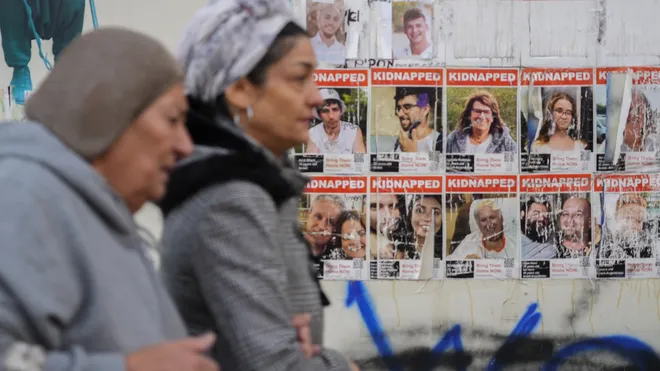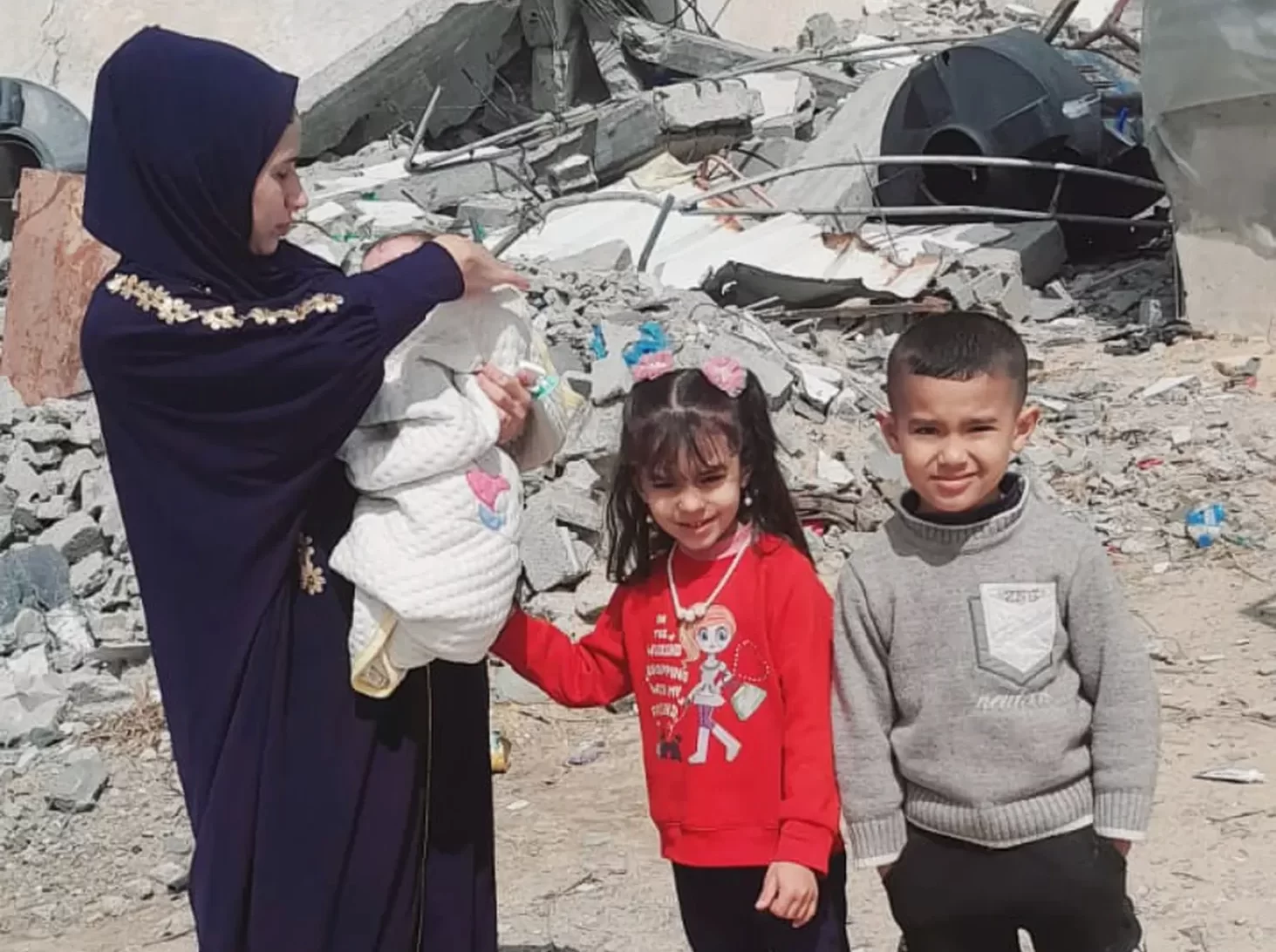The article portrays the harrowing experiences of Palestinian families, particularly pregnant women and new mothers, amidst the ongoing conflict in Gaza. It begins with the story of Amal Nassar, who gave birth amid explosions and gunfire in Al-Awdeh Hospital.
Nassar, like many Gazans, feared for her life as Israeli airstrikes persisted. The conflict has inflicted a devastating toll, with over 32,000 Palestinians killed, and more than 2 million facing famine. Satellite imagery reveals widespread destruction, leaving entire neighborhoods in rubble.
Despite international calls for a ceasefire, the situation continues to worsen, with Hamas holding hostages and violence escalating in East Jerusalem and the West Bank. The looming threat of an Israeli ground offensive in Rafah could exacerbate the humanitarian crisis.
Amid this chaos, pregnant women face dire circumstances, lacking access to proper medical care and enduring the stress of constant bombardment. Many are forced to give birth in makeshift facilities, without pain relief or adequate resources.

The personal stories of individuals like Nahreen Ahmed, a critical care doctor, highlight the dire conditions in Gaza’s hospitals. Malnourishment among children is widespread, and pregnant women struggle to access prenatal care and essential vitamins.
Nassar’s journey to Al-Awdeh Hospital illustrates the challenges of seeking medical assistance amidst the conflict. With limited transportation options and ongoing violence, pregnant women risk their lives to give birth in increasingly perilous conditions.
The article delves into the experiences of other families, such as Akram Elloh and his pregnant wife Shayma’a Abu Ghalyoun, who face uncertainty and hardship in Deir Al-Balah. Displaced by Israeli airstrikes, they grapple with inadequate resources and the looming threat of famine.
Despite Elloh’s modest income, the soaring prices of basic goods exacerbate their struggle to survive. The World Food Programme warns of impending famine, with humanitarian aid falling short of meeting Gaza’s urgent needs.

For families like Elloh and Abu Ghalyoun, the future is fraught with anxiety and uncertainty. As Abu Ghalyoun approaches her due date, concerns mount about accessing medical care and providing for their twin boys.
The shortage of essential supplies, including diapers and incubators, adds to their distress. Similarly, Rami Hamdan’s tragic death highlights the ongoing violence faced by Palestinians outside Gaza, exacerbating the collective trauma experienced by families across the region.
The article concludes by highlighting the profound impact of the conflict on Palestinians beyond Gaza, with violence escalating in East Jerusalem and the West Bank. Families like Suzi Ibrahim Bozom’s grapple with the loss of loved ones and the uncertainty of their relatives’ fate in Gaza.
As Ramadan approaches, the resilience of Palestinian families amid adversity is juxtaposed with the harsh realities of their daily lives, marked by loss, displacement, and despair. The ongoing conflict continues to exact a heavy toll on Palestinian communities, leaving them trapped in a cycle of suffering and uncertainty.


